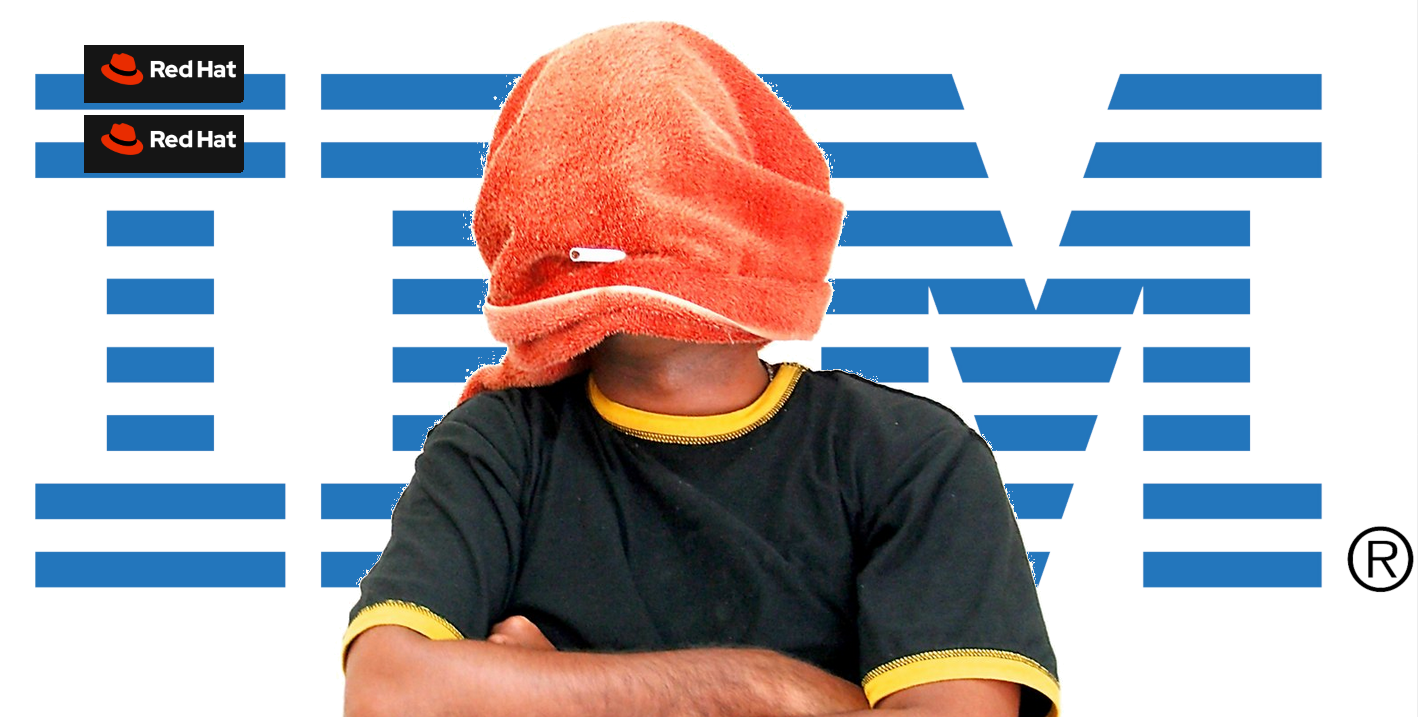
THERE is a profound difference between real security (or privacy) and promises of security (false marketing) from government informants such as Microsoft or Google. Like charlatans who promote so-called 'secure' boot (basically another Microsoft- and Intel-connected vulnerability marketed as "smart" and supposedly 'novel' [1, 2], seeking to replace what already works solidly by adhering to simplicity).
"IBM-controlled Red Hat should have all of its code scrutinised, even if it's Free software. Their overall agenda isn't the same as Debian's, for instance."In order to generally confuse the "average users", products that don't offer real security and generally seek to data-mine people (the opposite of guarding privacy) are being painted in the mainstream media as "privacy" and "safety".
 The video above focuses on IBM/Red Hat, knowing that a lot of people out there typically overlook this elephant in the room, wrongly assuming only "GAFAM" work for imperialism while not accounting for Oracle, IBM, and a few other government contractors that are close to the military and espionage operations.
The video above focuses on IBM/Red Hat, knowing that a lot of people out there typically overlook this elephant in the room, wrongly assuming only "GAFAM" work for imperialism while not accounting for Oracle, IBM, and a few other government contractors that are close to the military and espionage operations.
The above mentions 9 articles about IBM/Red Hat (especially Red Hat). In chronological order: